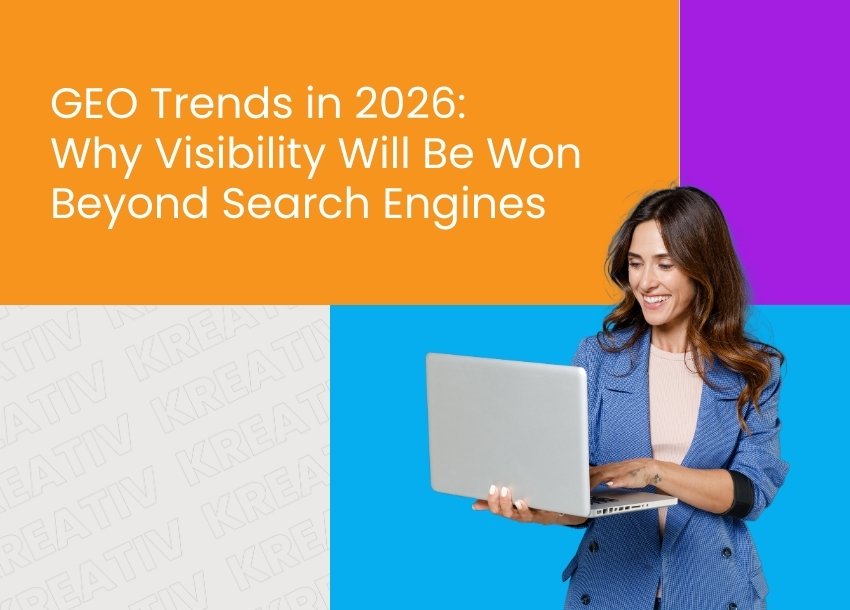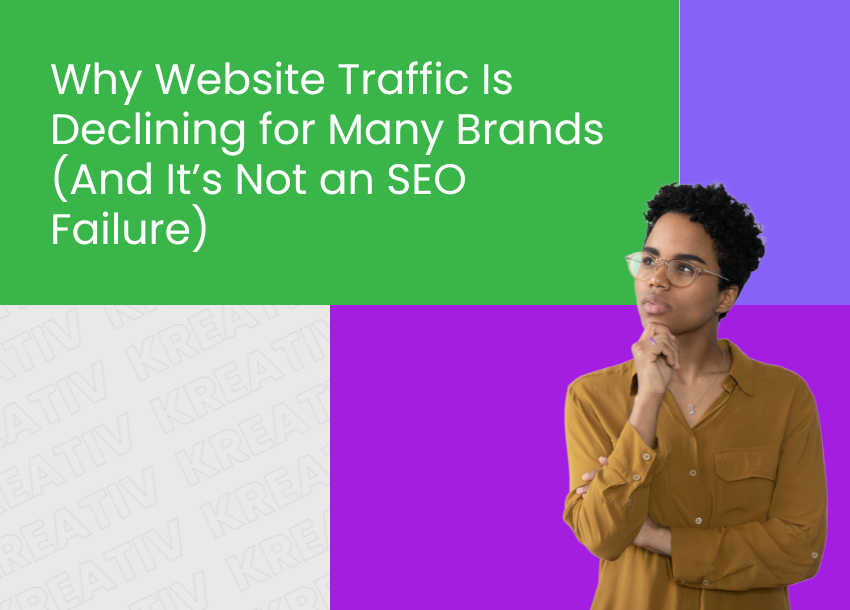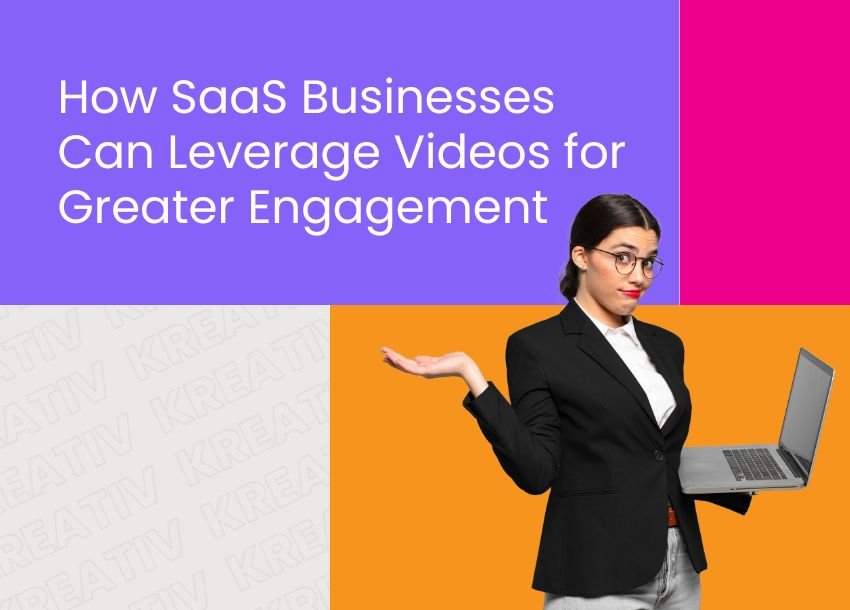Google Search just got a brain transplant, and it’s not your typical tweak. With AI Mode’s rollout, Google is no longer merely indexing pages and ranking blue links. It’s thinking, multitasking, and even doing your shopping. And while AI Overviews already affect more than 54.6% of search results worldwide as of Q1 2025, this transition is one of the most disruptive changes in search over the past decade.
So what is AI Mode, and how different is it from the old Google Search we’ve been using for the last 25 years?
Let’s break it down.
Old Search: Still Strong but Passive
In the old Google Search you’re familiar with, here’s what occurs:
- You enter a query.
- Google crawls its index.
- You receive a ranked list of blue links.
It’s quick, trusted, and homey, but also responsive. The system doesn’t deeply understand your intent except for matching words. You do the reading, summarizing, and deciding.
AI Mode: Google With Superpowers
Now comes AI Mode, a completely AI-driven search experience built with Google’s Gemini model and multimodal reasoning.
It doesn’t merely provide links. It:
- Splits your query into sub-questions
- Searches concurrently
- Synthesizes insight
- Provides deep summaries, visuals, actions, and even transactions
Struggling to locate two level tickets for Saturday’s India vs England? AI Mode not only can locate real-time listings, it can scan your preferences and assist with filling out forms.
Not feeling like reading? Listen about this topic in Podcast.
AI Mode vs Traditional Google Search: Feature Comparison
| Feature | Traditional Google Search | AI Mode (2025) |
|---|---|---|
| Query Type | Short, keyword-based | Long, complex, multimodal |
| Result Format | Blue links | Summaries, citations, visuals, tools |
| Interaction Style | One-shot search | Ongoing, conversational |
| Real-Time Capability | Limited | Live video Q&A using camera |
| Personalization | Generic | Context-aware (opt-in Gmail, history, etc) |
| Task Execution | Manual follow-up | Agentic (finds + helps book/buy/do) |
| Visual Analysis | Image search | Project Astra-style live visual reasoning |
| Level of Intelligence | Index-based retrieval | Gemini 2.5 frontier LLM |
Search Is No Longer Just About Finding, It’s About Doing
With agentic abilities, Google is evolving into a digital concierge.
- Want to study a hard subject? Use Deep Search to execute hundreds of sub-queries and receive a fully cited expert-quality report.
- Require live assistance? Tap “Live” in Lens and aim your camera at your project. Tell Google what you want, and it shows you.
- Want to purchase something? AI Mode will scan for items, compare prices, and even assist with agentic checkout when the moment arrives.
This is no longer a “search engine.” It’s a search agent.
So, Is Traditional Search Dead?
No, but it’s changing.
Google still delivers traditional results for most queries. But for:
- Sophisticated research
- Multiple-variable tasks
- Personalized, time-critical results
- Visual or multimodal inputs
AI Mode is where things are headed.
And the numbers verify it!
In head markets such as the U.S. and India, AI Overviews have led to a 10%+ boost in Google Search use for queries with sophistication. As soon as users begin using AI overviews, they continue to do so.
How This Impacts SEO and Content Creators
If your content was constructed solely for blue-link ranking, it’s time to adapt.
AI Mode doesn’t reward keyword stuffing. It seeks:
- Semantically organized content
- Summarizable chunks
- Contextual metadata
- Actual authority and expertise (E-E-A-T)
- Actionable service details and schema markup
And it’s not just about Google. AI-powered discovery is also happening on:
- ChatGPT and Perplexity
- LinkedIn, YouTube, and Reddit
- Voice assistants and business chatbots
Your content must now perform across intent, format, and platforms.
Kreativ Street: Building for the Age of AI-First Search
In this new world of AI-powered discovery, where agents decide what content is surfaced, summarized, or skipped, traditional SEO tactics won’t cut it. At Kreativ Street, we don’t chase clicks. We engineer discoverability, trust, and brand authority across Google’s AI Mode, ChatGPT, Perplexity, Gemini, and more.
Our AI SEO services are built for the age of generative engines. That means:
- Optimizing content not just for SERPs, but for summaries and snippets in AI Overviews.
- Designing site architecture that makes sense to bots, agents, and humans alike.
- Producing content that gets cited, not just indexed.
- Prioritizing E-E-A-T to earn trust in a trust-first search era.
We’ve already helped category leaders like HCLTech, RateGain, Ramco, and Mindtree build sustainable visibility in AI-powered platforms.
“Their team is highly talented and deeply knowledgeable in SEO, consistently providing spot-on recommendations to drive organic traffic growth. You can expect this team to go the extra mile whenever needed.”
Maneesh Choudhary, Regional Marketing Head, Ramco Systems
“B2B advertising is a strange animal. You have to stay true to category codes and get to the point fast. Kreativ Street gets the business right, long before they are creative.”
Karan Rajpal, Sr. Director Marketing, LTI Mindtree
“They consistently deliver outstanding work across both creative and digital. The team is proactive, always coming forward with fresh, strategic solutions that align to brand goals.”
Shridhar Taparia, Business Head, Procol
Our SEO is slow by design, but fast where it matters:
- AI-first keyword + journey mapping
- Content architecture aligned to real expertise
- On-page + off-page optimization with agentic discoverability in mind
- Dashboards that track SGE mentions, AI citations, and referral traffic from AI interfaces
Want to see what this could look like for your brand?👉 Book a discovery callLet’s build you a content engine that agents trust, algorithms rank, and humans believe.
You’re No Longer Optimizing for Humans Alone
In 2025, you’re optimizing for:
- Gemini’s logic
- Query fan-out trees
- Agent-to-agent interactions
- Voice and visual interfaces
Google’s AI Mode is here, and it’s changing everything.
So ask yourself: Are you creating content for individuals who read links, or for decision-making agents?
The winning brands will be those that do both.



